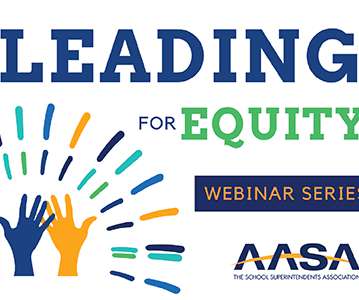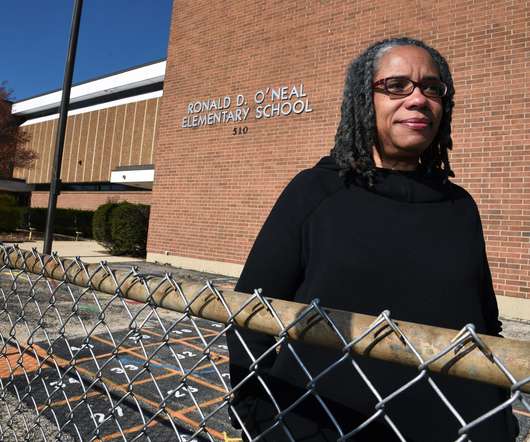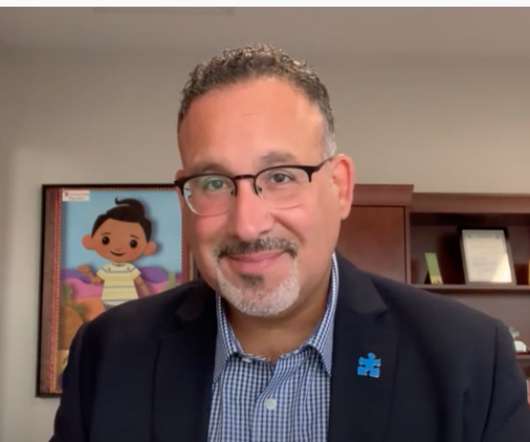Students Are Slipping Through the Cracks of Special Education. Schools Must Do Better.
Edsurge
APRIL 20, 2021
The Power of Assessment Digging through Jason’s files and coming up empty reinforced my belief that, if we had a true district-wide RTI framework with a uniform approach to assessment, we would have uncovered Jason’s needs sooner. Although the RTI framework includes many components, Jason guided my focus on assessment.




















Let's personalize your content